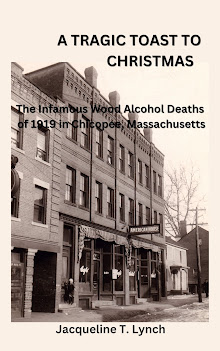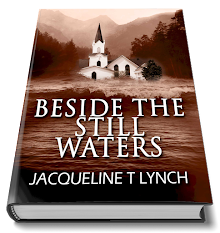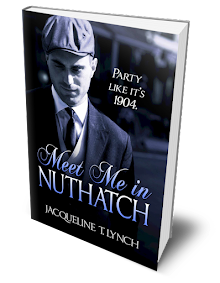
Here are some photos of Old Sturbridge Village, a living museum replicating life in New England from the late 1700s to about 1830. With farm, village, and over 40 buildings in its little world, it makes for a remarkable place to visit. Here, the self-sustaining community prepares for autumn, harvesting from the kitchen garden, from the fields and orchards, stacking the woodpile, and closing the shutters that bang in the wind.
James Whitcomb Riley of Indiana, born middle of 19th century, who reached his zenith of fame at beginning of 20th century, wrote folksy poetry no longer in fashion. Though he was not a New Englander, his Hoosier dialect likely fits the sentiments of this man and this woman in these photos as they set themselves for was used to be called “puttin’ by.” Like squirrels storing their acorns, people once set a great deal of importance by preparing for the winter. They used to have a lot more to do than just buy a new plastic windshield scraper for the car. 
Now, in this season of glorious autumn, a reminder of our frailty as well as nature’s immortality, which currently hits us with precarious economic tides, we may as well sit back and remember the virtues of “puttin’ by.”
A word then, from James Whitcomb Riley:
“When the Frost is on the Punkin”
When the frost is on the punkin and the fodder's in the shock,
And you hear the kyouck and gobble of the struttin' turkey-cock,
And the clackin' of the guineys, and the cluckin' of the hens,
And the rooster's hallylooyer as he tiptoes on the fence;
O, it's then's the times a feller is a-feelin' at his best,
With the risin' sun to greet him from a night of peaceful rest,
As he leaves the house, bareheaded, and goes out to feed the stock,
When the frost is on the punkin and the fodder's in the shock.
They's something kindo' harty-like about the atmusfere
When the heat of summer's over and the coolin' fall is here --
Of course we miss the flowers, and the blossums on the trees,
And the mumble of the hummin'-birds and buzzin' of the bees;
But the air's so appetizin'; and the landscape through the haze
Of a crisp and sunny morning of the airly autumn days
Is a pictur' that no painter has the colorin' to mock --
When the frost is on the punkin and the fodder's in the shock.
The husky, rusty russel of the tossels of the corn,
And the raspin' of the tangled leaves, as golden as the morn;
The stubble in the furries -- kindo' lonesome-like, but still
A-preachin' sermuns to us of the barns they growed to fill;
The strawstack in the medder, and the reaper in the shed;
The hosses in theyr stalls below -- the clover over-head! --
O, it sets my hart a-clickin' like the tickin' of a clock,
When the frost is on the punkin and the fodder's in the shock!
Then your apples all is gethered, and the ones a feller keeps
Is poured around the celler-floor in red and yeller heaps;
And your cider-makin' 's over, and your wimmern-folks is through
With their mince and apple-butter, and theyr souse and saussage, too! ...
I don't know how to tell it -- but ef sich a thing could be
As the Angels wantin' boardin', and they'd call around on me --
I'd want to 'commodate 'em -- all the whole-indurin' flock --
When the frost is on the punkin and the fodder's in the shock!
Kindly have a look at this website for more on Old Sturbridge Village.
Been there? Done that? Let us know.
Friday, October 10, 2008
Autumn at Old Sturbridge Village
Posted by
Jacqueline T. Lynch
at
7:46 AM
![]()
Labels: 19th century, literature, Massachusetts, museums
Subscribe to:
Post Comments (Atom)









No comments:
Post a Comment